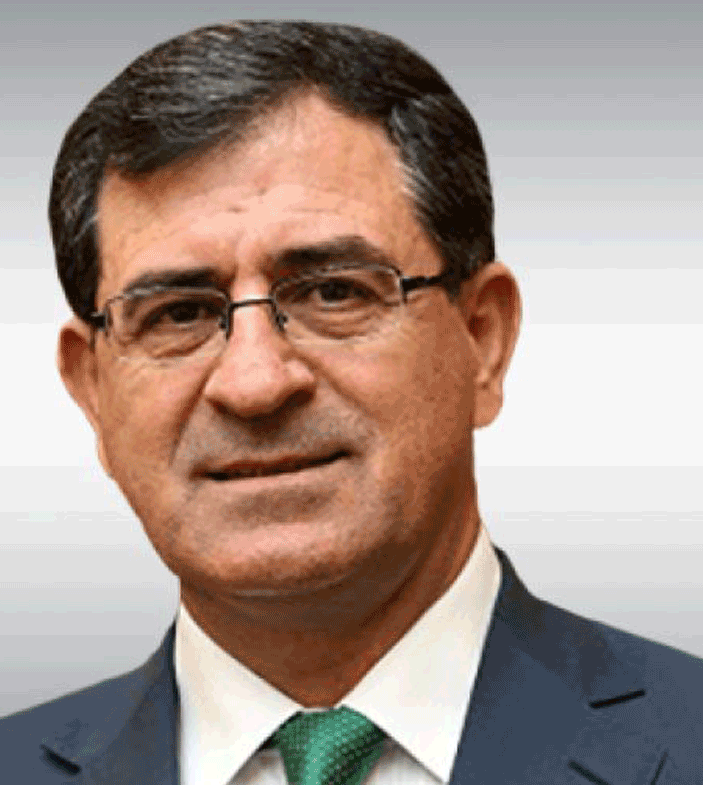Many countries, including Jordan, have taken holistic measures to address money laundering and terrorist financing risks.
Besides a multitude of actions relating to laws, regulations, penalties and public awareness, specific tools also include the ability of regulators and law enforcement authorities to carry out risk surveillance, investigation and information exchanges.
A number of international organisations and groupings, including the Financial Action Task Force (FATF), the IMF, G-20, OECD’s Global Forum on Tax, and the Egmont Group, have also coordinated international efforts to tackle the problem in a comprehensive manner.
This is essential, given the trans-national nature of the threats.
The FATF — which is the international standard setting body — has also sought to develop more guidance relating to various sectors and entities.
The world is familiar with the FATF Recommendations on money laundering, terrorism financing and proliferation financing.
In 2012, the FATF enhanced its recommendations to put emphasis on effectiveness. That is, merely having rules in place is not enough. FATF also developed a more systematic framework for peer reviews.
Although the need to address the question of money laundering in Jordan goes back to the 1990s, in 2000, a completely new legal provision was added to the Jordanian Banks Law No. 28 for the year 2000 to address money laundering operations.
In particular, the article has made it compulsory for any bank operating in Jordan to immediately report to the Central Bank of Jordan (CBJ) of any financial dealing that involves, or may be linked to, an illegal act or a crime.
In 2004, the CBJ established a Suspicious Financial Transactions Division under the Banking Supervision Department.
This division was the initial seed of the Anti-Money Laundering (AML) Unit. This division still exists; however, all the tasks related to anti-money laundering were moved to the Anti-Money Laundering and Countering Terrorist Financing (CTF) Unit, which was formally established on June 17, 2007, pursuant to the AML Law number 46 of 2007.
The unit is responsible for receiving the notifications in relation to any transaction suspected to be related to money laundering or terrorist financing, and requesting information related thereto, analysing and investigating, as well as providing the competent authorities with such information, when necessary.
The National AML and CTF Committee was also formed pursuant to the provisions of Article 5 of law No. (46) for the year 2007, chaired by the governor of the CBJ and with the membership of the secretaries general of the concerned ministries and public institutions and the chief of the unit.
The National AML and CTF Committee undertakes any tasks and authorities related to AML and CTF.
In 2015, published statistics show that the number of Suspicious Activity Reports (SARs) received by the unit from banks operating in Jordan reached 253.
While the number of suspects reached 321, 285 of whom were natural persons and 36 legal persons.
The year 2015 witnessed a remarkable increase in the volume of SARs and notifications received by the unit from various reporting entities and regulatory and supervisory entities, in comparison 2014.
This can be explained for several reasons, including the conditions surrounding Jordan and threats by terrorist organisations.
Another reason is the adoption of several entities subject to the provisions of the AML/CTF Law of control systems and monitoring mechanism of financial transactions conducted to achieve compliance with the legislation in force in Jordan, including those related to combating money laundering or terrorist financing transactions.
The issuing of new instructions related to forms and means of reporting on transactions suspected to be related to money laundering or terrorist financing by the unit to address all the weaknesses identified through a thorough study of SARs previously received by the unit is another reason.
Moreover, activating on-site and off-site supervision; thus, increasing sanctions imposed by the regulatory and supervisory authorities on entities subject to the provisions of the AML/CTF Law in force with regard to non-compliance with the AML/CTF Law and instructions issued by virtue thereof have also contributed to the increase.
Jordan, regionally and globally, is one of the countries most committed to combating money laundering and terrorism financing.
Jordan was ranked third among Arab countries and 35th internationally on the 2016 Basel AML Index. The current Basel AML Index edition, published recently on the Basel Institute on Governance's website, covers 149 countries and assigns each country a score on a scale from 0 (low risk) to 10 (high risk).
On the other hand, Jordan is not on the FATF List of Countries that has been identified as having strategic AML deficiencies.
The writer is director general of the Association of Banks in Jordan. He contributed this article to The Jordan Times.
